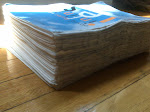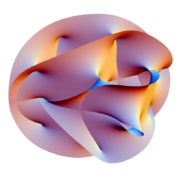"One can, then, resist the notion that psychoanalysis "explains" literature and yet insist that the kind of intertextual relation it holds to literature is quite different from the intertextuality that obtains between two poems or novels, and that it illuminates in quite other ways. For the psychoanalytic intertext obliges the critic to make a transit through a systematic discourse elaborated to describe the dynamics of psychic process. The similarities and differences, in object and in intention, of this discourse from literary analysis creates a tension which is productive of perspective, of stereoptical effect. Psychoanalysis is not an arbitrarily chosen intertext for literary analysis, but rather a particularly insistent and demanding intertext, in that mapping across the boundaries from one territory to the other both confirms and complicates our understanding of how mind reformulates the real, how it constructs the necessary fictions by which we dream, desire, interpret, indeed by which we constitute ourselves as human subjects. The detour through psychoanalysis forces the critic to respond to the erotics of form - that is, to an engagement with the psychic investments of rhetoric, the dramas of desire played out in tropes. Psychoanalysis matters to us as literary critics because it stands as a constant reminder that the attention to form, properly conceived, is not a sterile formalism, but rather one more attempt to draw the symbolic and fictional map of our place in existence."
P. 43-44, Psychoanalysis and Storytelling



No comments:
Post a Comment
Surely You Jest...